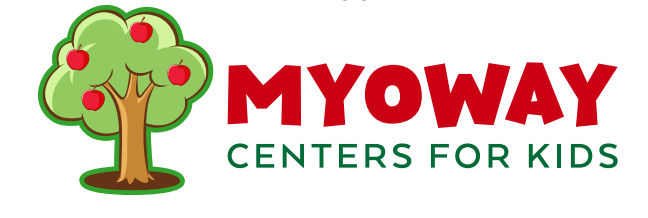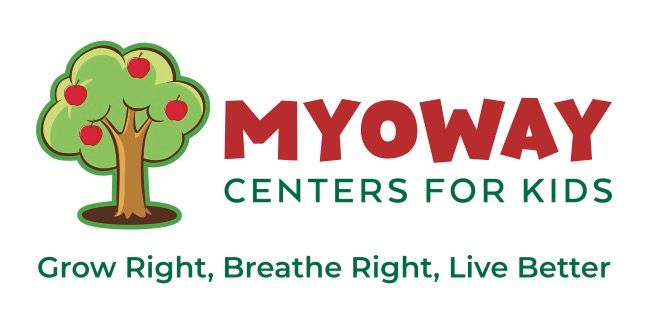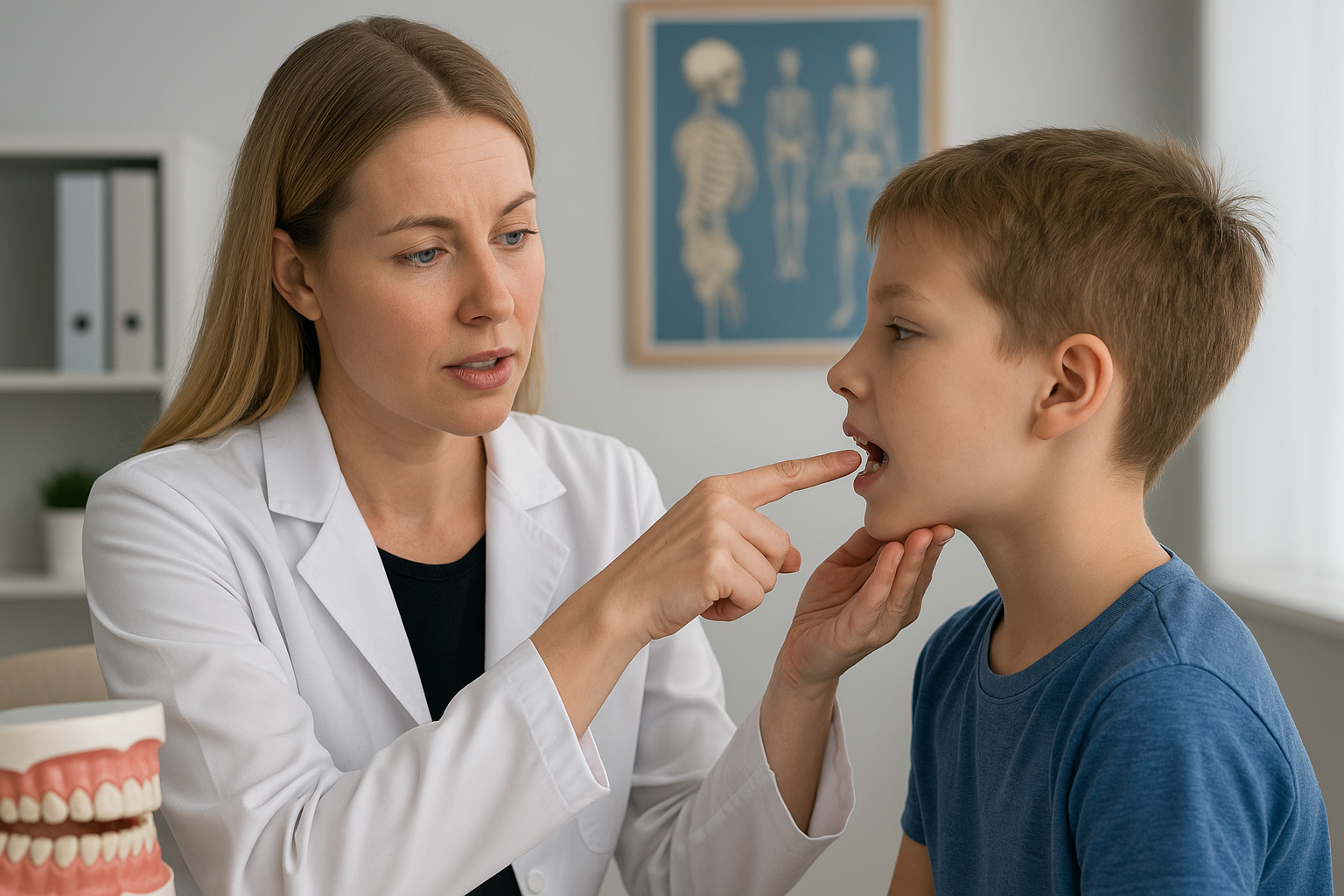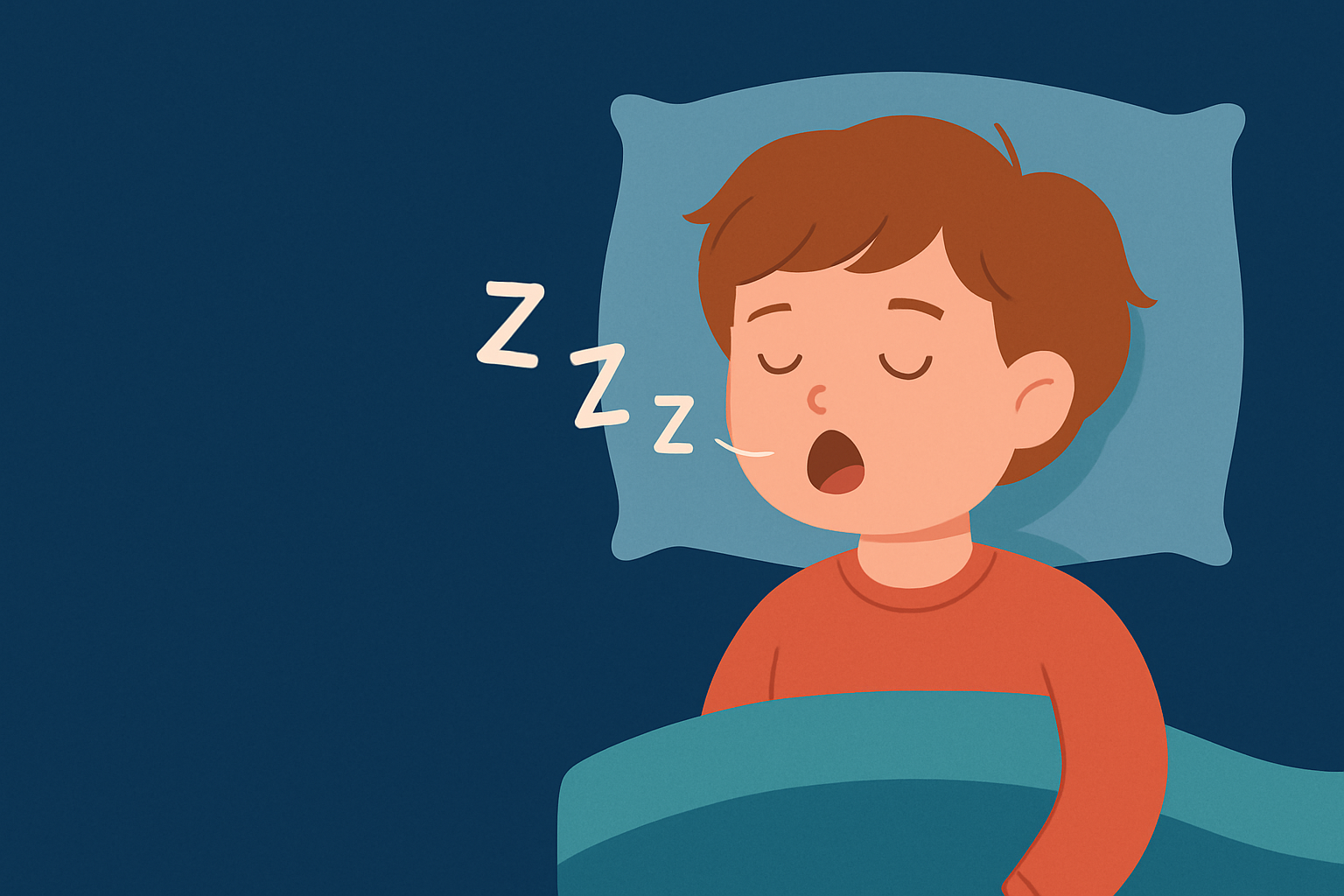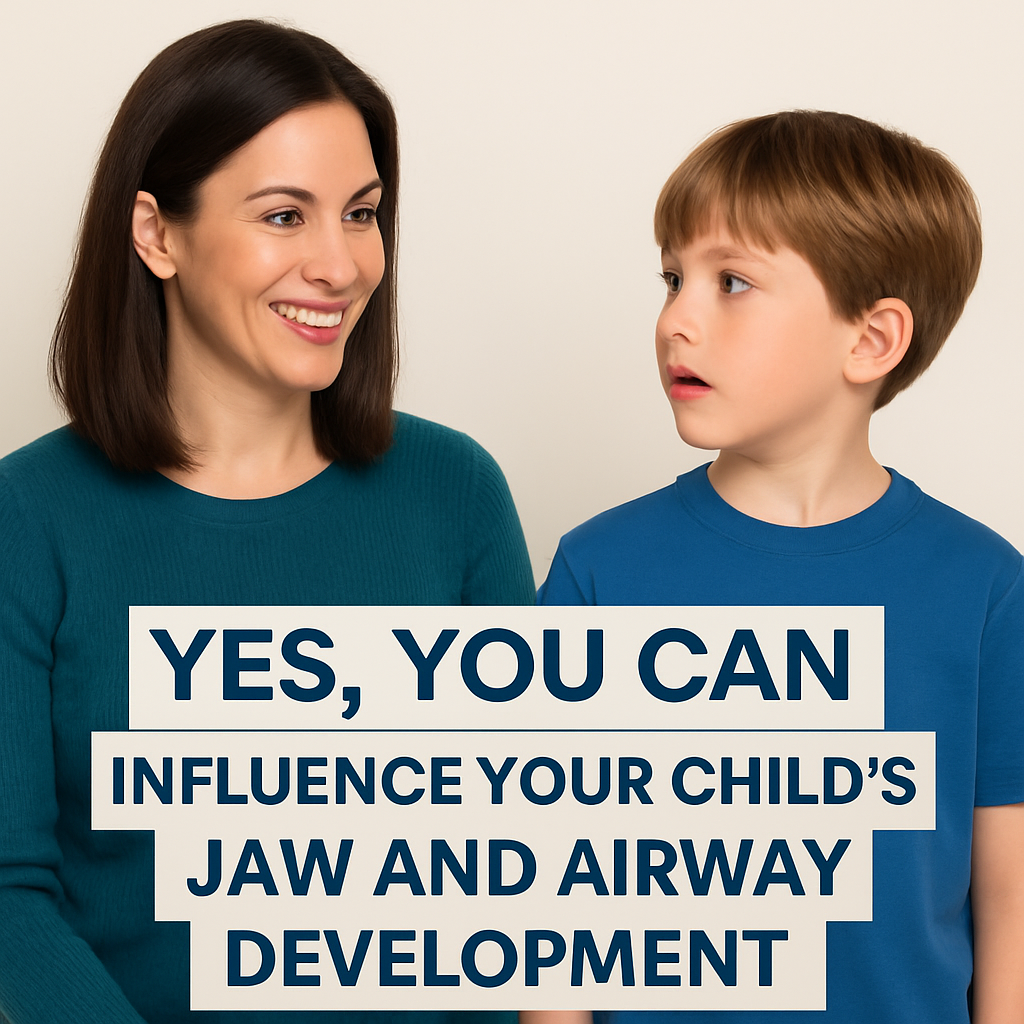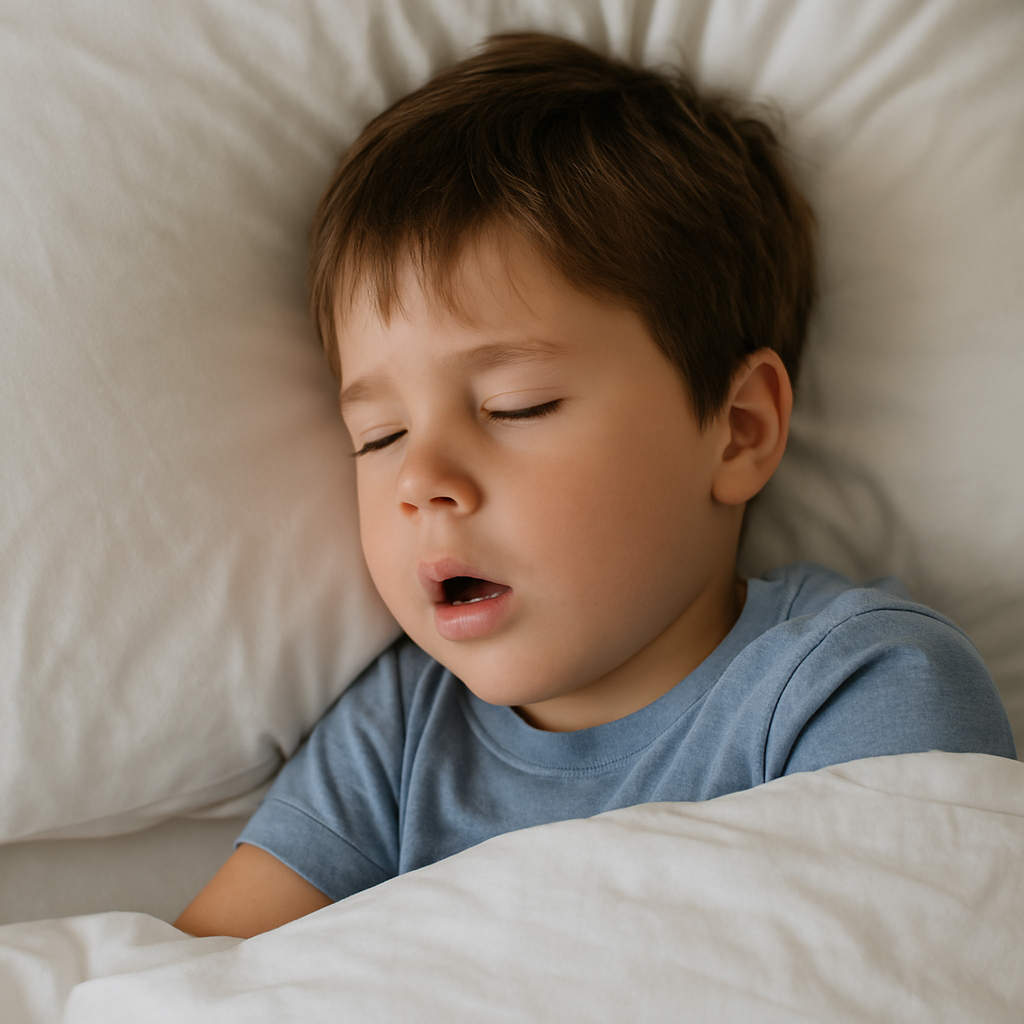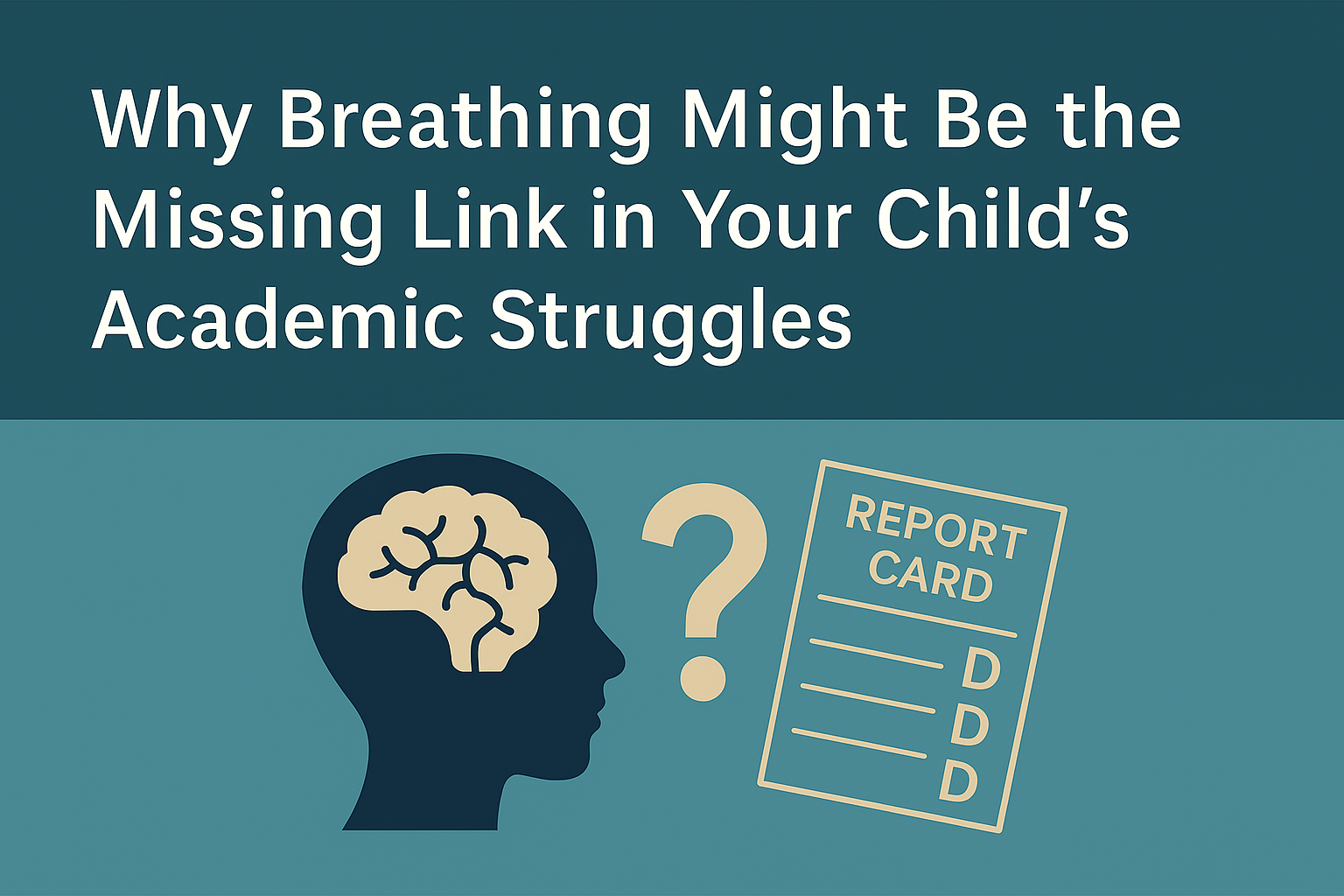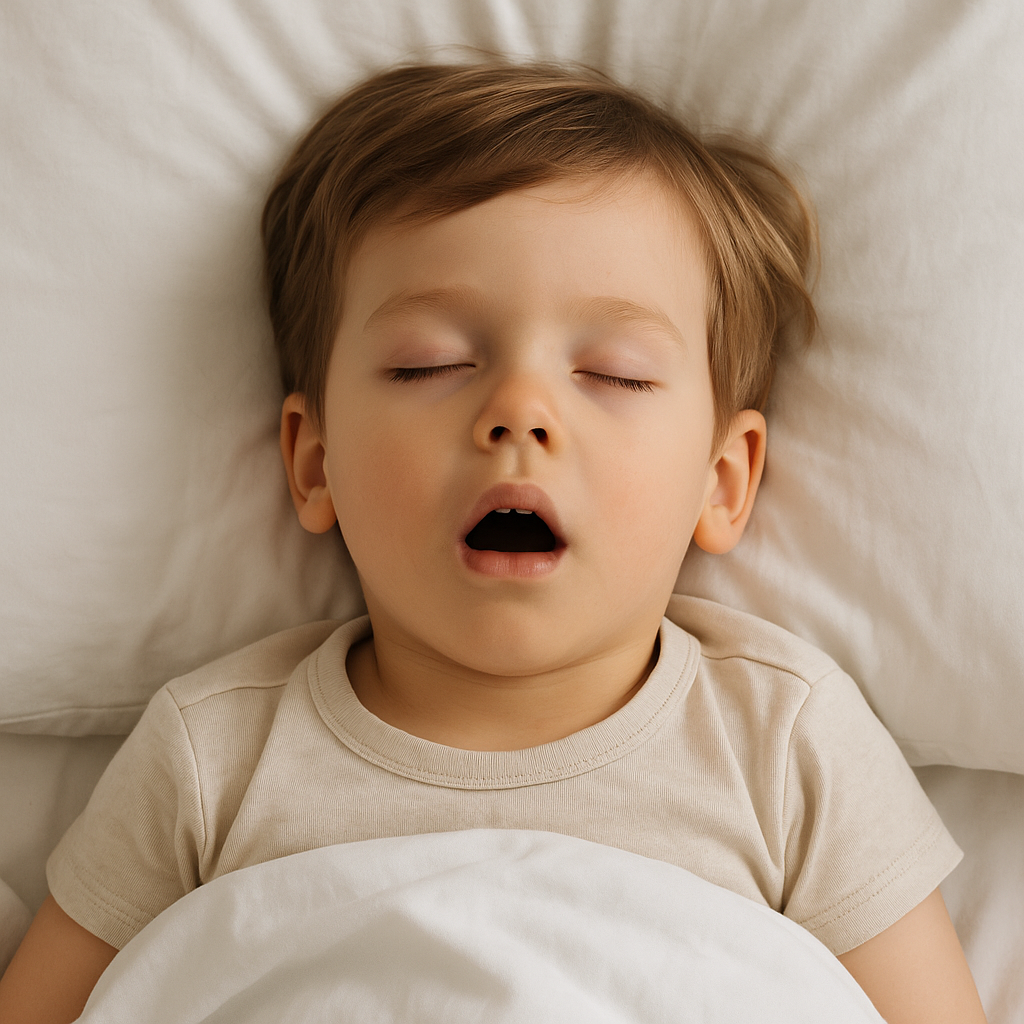The Binky Breakdown: Why Prolonged Pacifier Use Affects Your Child’s Jaw and Airway Development
Pacifiers can soothe a newborn, but when used beyond the first few months, they may silently contribute to long-term health issues. At MyoWay Center for Kids, we believe early education and intervention are key to raising healthy, well-developed children. Let’s talk about the binky—and when it becomes a problem.
How Long Is Too Long?
The ideal pacifier window is 0–6 months.
After that, persistent sucking habits begin to shape the developing bones of the face and mouth.
What Happens with Prolonged Use?
Prolonged pacifier use can lead to:
- Narrow dental arches
- Open bites and crowded teeth
- Improper tongue and lip posture
- Disrupted nasal breathing and airway growth
These effects can snowball into:
- Snoring and restless sleep
- Mouth breathing habits
- Speech and feeding challenges
Why Airway Development Matters
The airway is foundational to a child’s:
- Sleep quality
- Cognitive function
- Behavioral regulation
When pacifier use impedes proper development, the child may exhibit symptoms like fatigue, difficulty focusing, or even ADHD-like behavior.
Break the Habit Early
If your child is still using a pacifier after 6 months, it’s time to make a plan:
- Gradual weaning strategies
- Support from a pediatric therapist
- Evaluation with a myofunctional expert
✅ How MyoWay Can Help
Our structured myofunctional therapy program helps:
- Re-establish proper oral posture
- Support jaw and airway growth
- Improve sleep, breathing, and function
We guide parents through early assessments and provide expert strategies to support healthy development from the start.
Concerned about your child’s pacifier use or oral development?
Schedule a consultation with MyoWay today and give your child the foundation for healthy breathing, sleeping, and growing.
